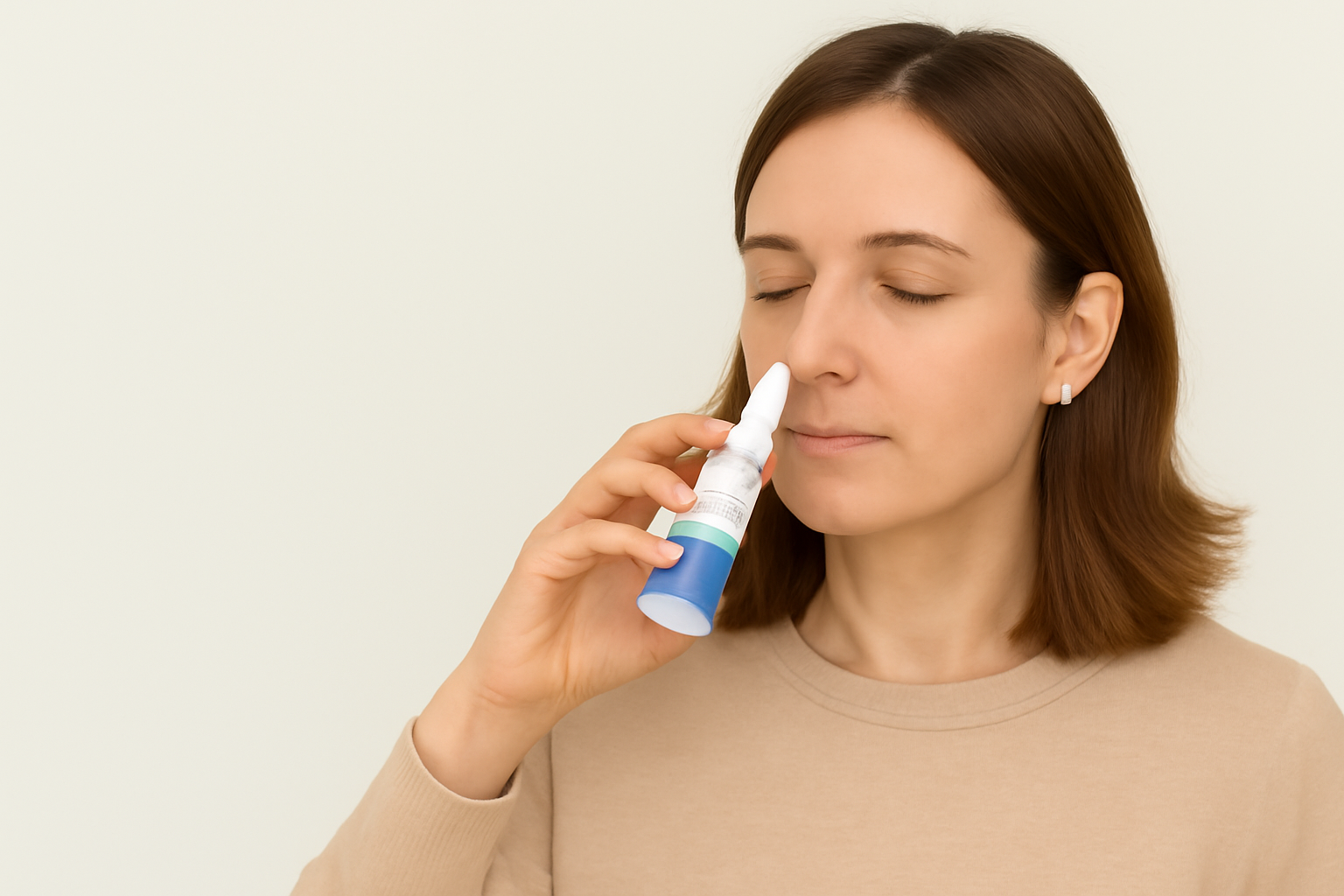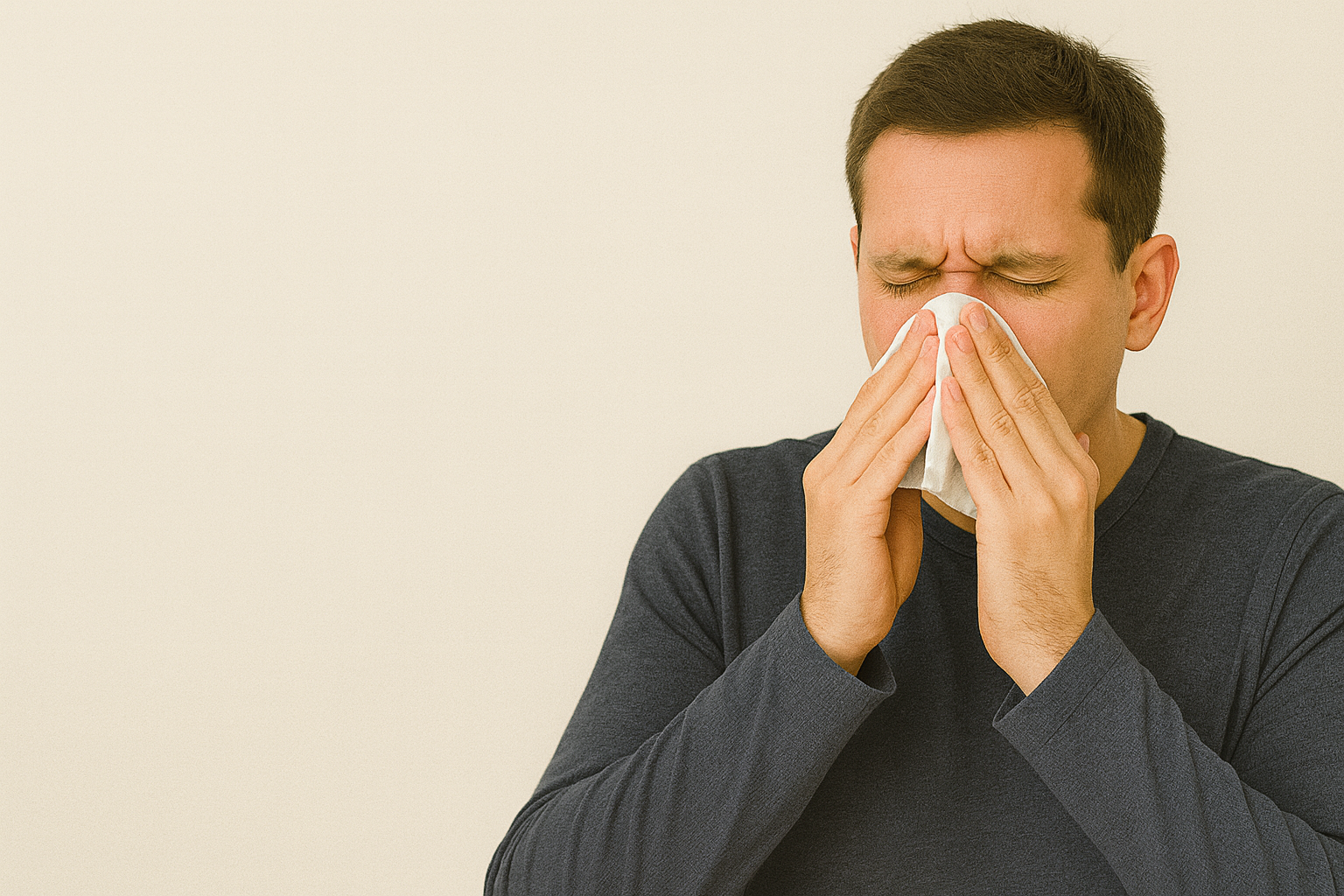Staphylococcus aureus, particularly MRSA, remains a major threat in hospitals worldwide.
Efforts to reduce infection risks focus heavily on decolonizing the nose—a common site where the bacteria live undetected. Traditionally, mupirocin and chlorhexidine have been the gold standards. But resistance is growing. That’s where povidone-iodine (PVP-I) steps in.
Why Look Beyond Mupirocin and Chlorhexidine?
While effective, mupirocin resistance is on the rise—reducing its reliability for routine hospital decolonization. Chlorhexidine has also shown emerging resistance and cross-resistance to antibiotics.
PVP-I offers a promising alternative because:
- It kills bacteria, fungi, viruses, and even biofilms
- It acts rapidly—often in 15 to 60 seconds
- It has no reported resistance or cross-tolerance to antibiotics
- It’s active against resistant strains, including mupirocin-resistant MRSA
How Effective Is PVP-I for Nasal Decolonization?
Multiple studies showed that 5–10% intranasal PVP-I solutions significantly reduce nasal S. aureus and MRSA colonization. Some key findings:
- One-time pre-surgical application eliminated nasal MRSA in over 66% of cases within 4 hours
- Comparable efficacy to mupirocin in preventing surgical site infections (SSIs)
- Better tolerability than mupirocin—patients reported fewer side effects
- More cost-effective in hospital-wide protocols
Real-World Impact in Surgery
Clinical trials in orthopedic and cardiac surgery patients found that:
- PVP-I use before surgery reduced SSIs from 3.8% to 1.1% in one orthopedic cohort
- In trauma surgery, adding intranasal PVP-I to chlorhexidine cut infection rates nearly 5-fold
- When compared head-to-head, PVP-I matched mupirocin in protecting against infections—but with a simpler, faster protocol
Is Resistance a Concern?
Unlike antibiotics and other antiseptics, PVP-I has not been shown to induce bacterial resistance, even with prolonged or repeated use. This is likely due to its multi-target mechanism—making it harder for bacteria to adapt.
What’s the Best Use Case?
- Preoperative decolonization, especially for patients undergoing orthopedic, trauma, or cardiac surgery
- Settings where screening is limited or where rapid action is needed (e.g., emergency surgery)
- Hospitals aiming to reduce antibiotic pressure and resistance risk
Final Thoughts
As the need for antibiotic-free infection control grows, povidone-iodine stands out as a safe, effective, and cost-efficient option for nasal decolonization. It works fast, kills broadly, and doesn’t contribute to antimicrobial resistance.
With solid lab and clinical data behind it, PVP-I may soon move from backup plan to front-line tool in MRSA control strategies.



.png)


.png)